Meet the Lab
The Visual Language Lab is situated in the Department of Communication and Cognition at Tilburg University and is the research group of Neil Cohn (PI), and colleagues, devoted to linguistic and cognitive research on visual language and multimodality.
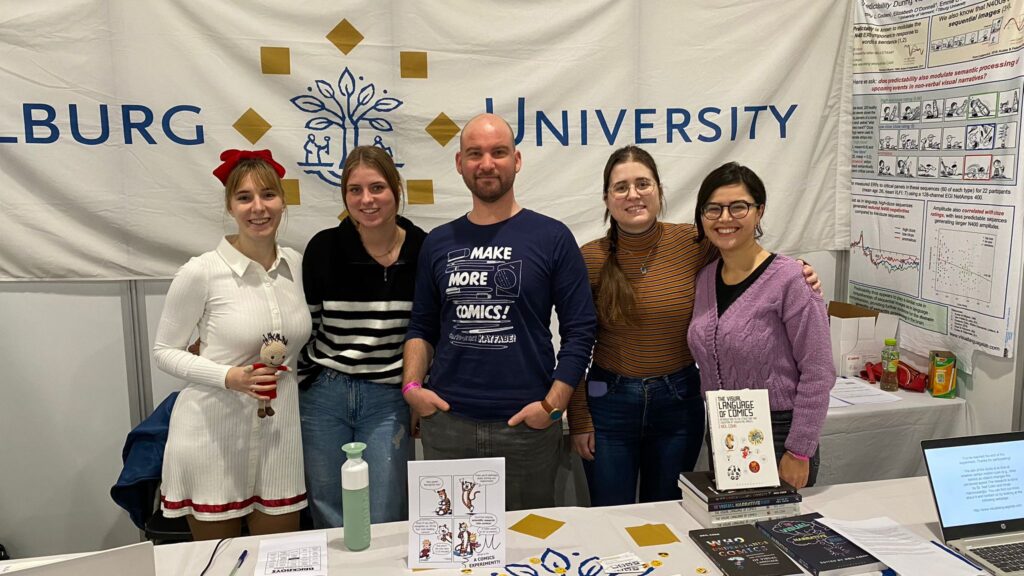
We have an international and neurodiverse mix of scholars from all levels of scholarship. We additionally work with many collaborators worldwide, where we as a wide range of research questions related to visual language research. We also welcome visiting scholars (see below) interested in this research who are able to spend time at Tilburg University working with our lab.
The Visual Language Lab hosts weekly hybrid lab meetings with presentations and discussions related to this research. These meetings are open to collaborators and other researchers doing related work. If you would be interested in joining us, please send us an email.
Affiliated faculty
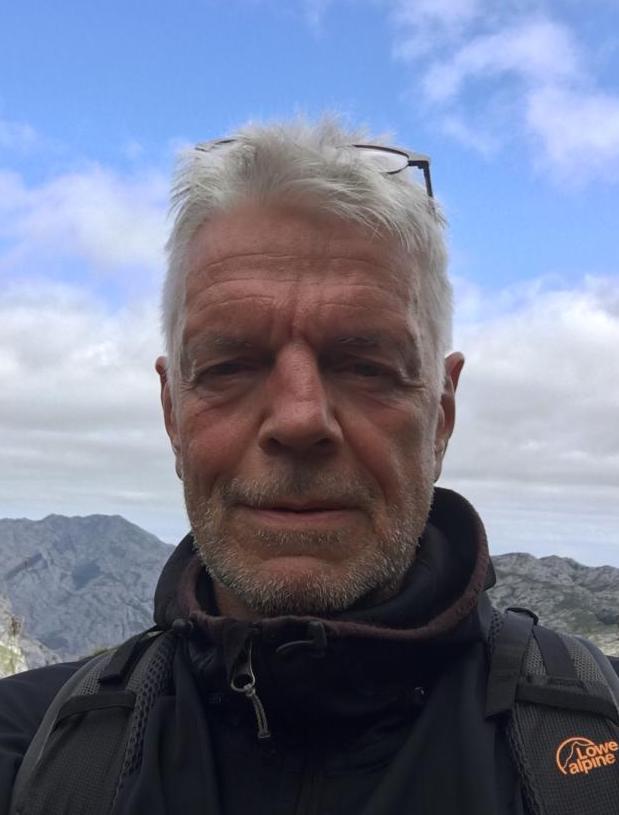
Joost Schilperoord Ph.D. is a retired professor of Communications and Cognition at Tilburg University. He received his PhD in Communication sciences and Linguistics at Utrecht University. His research focuses on visual rhetoric and persuasion, and together with Neil Cohn he has been developing a linguistic model of multimodality.
Postdoctoral fellows

Irmak Hacımusaoğlu M.Sc. was a Ph.D. student on the TINTIN Project studying graphic motion events at Tilburg University. She now studies emotions and the hierarchy of visual morphology. An accomplished doodle artist, she is fascinated by the intersect between neuroscience and humanities and has become a member of NeuroGenderings Network. (BlueSky)
Graduate students

Lenneke Lichtenberg is studying the neurocognition of hierarchic structure across different modalities.
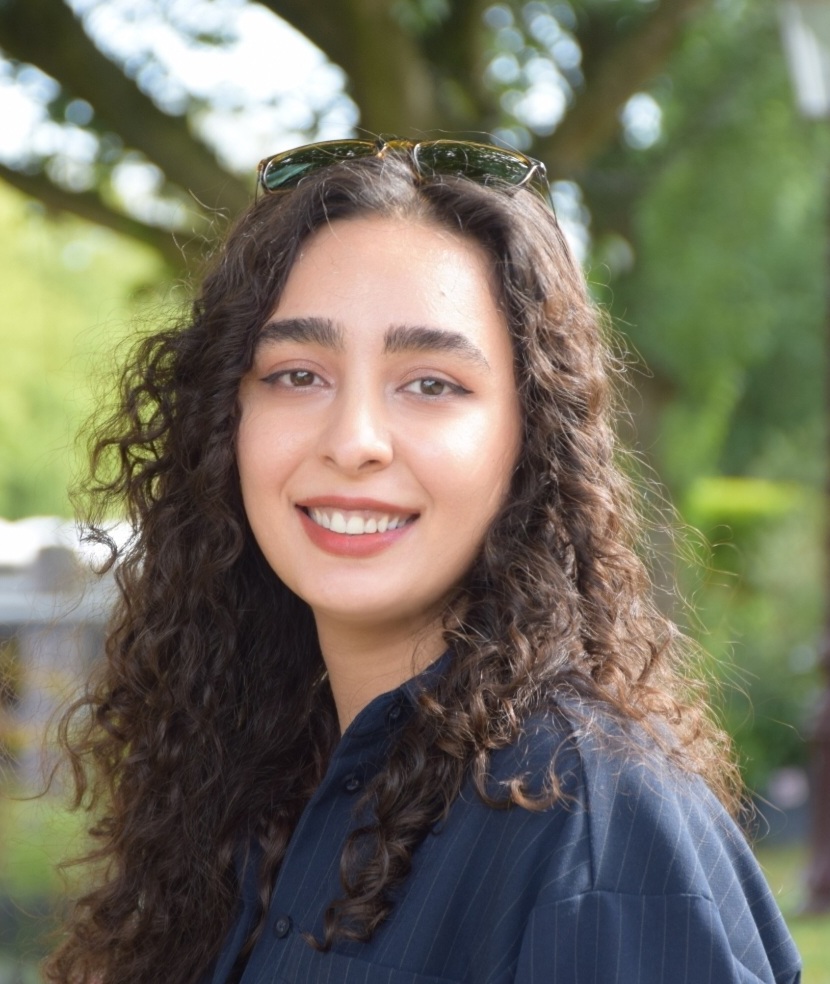
Maryam Torabi is studying the neurocognition of hierarchic structure in the narrative grammar of sequences of images.
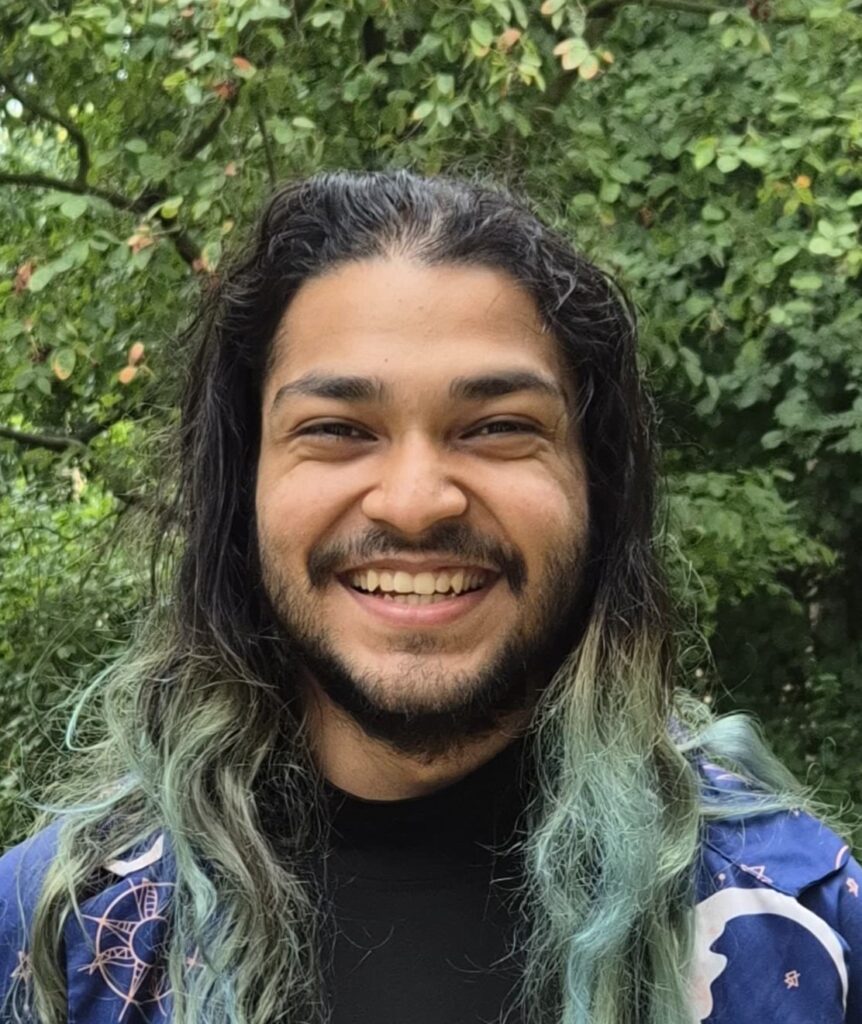
Prajwal Prakash is studying the neurocognitive correlates of hierarchical structure in individual images.
Visiting scholars
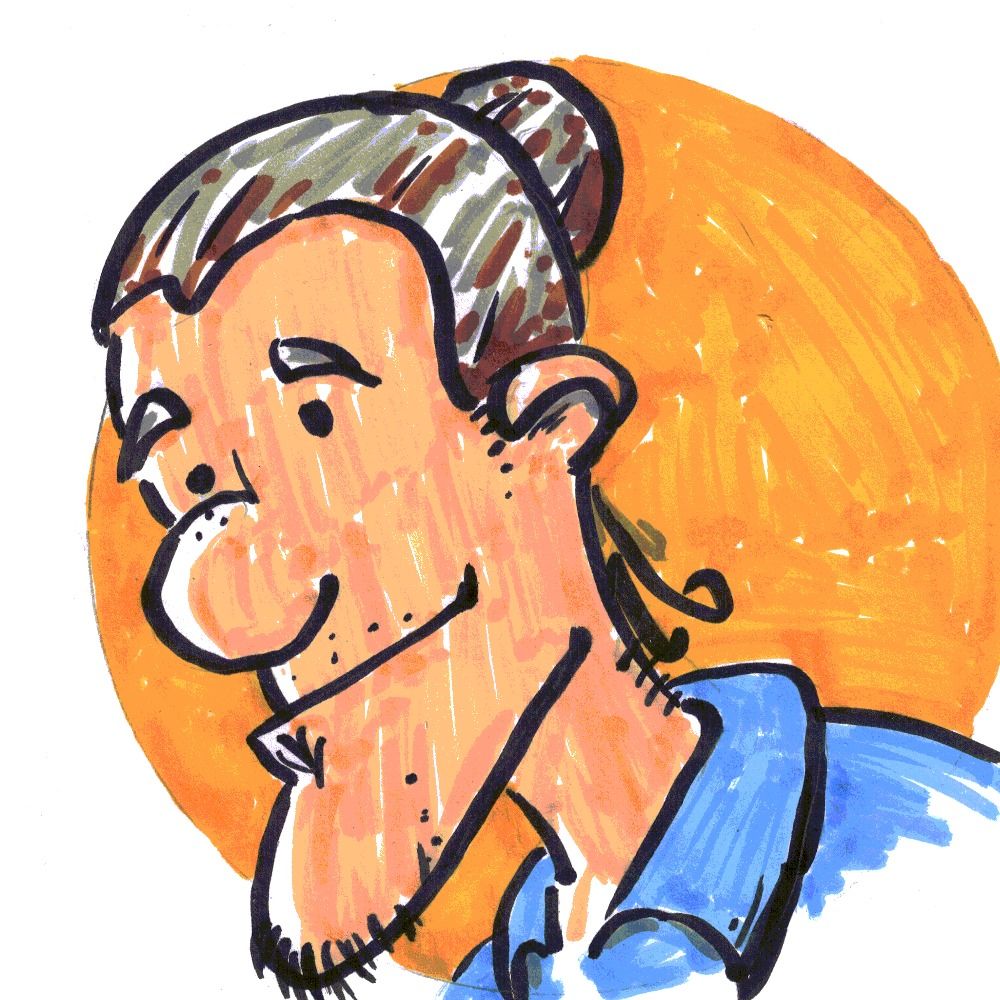
Leandro Kruszielski is a professor at the Universidade Federal do Paraná, Brazil interested in visual language fluency and psychometrics.
Lab alumni
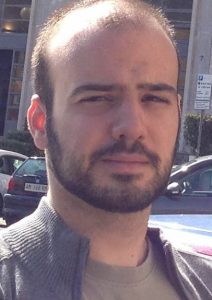
Bruno Cardoso Ph.D. is a professor at CEU San Pablo University. He was a postdoc in the TINTIN Project (2020-2023) and the creator of the Multimodal Annotation Software Tool (MAST). (Website)
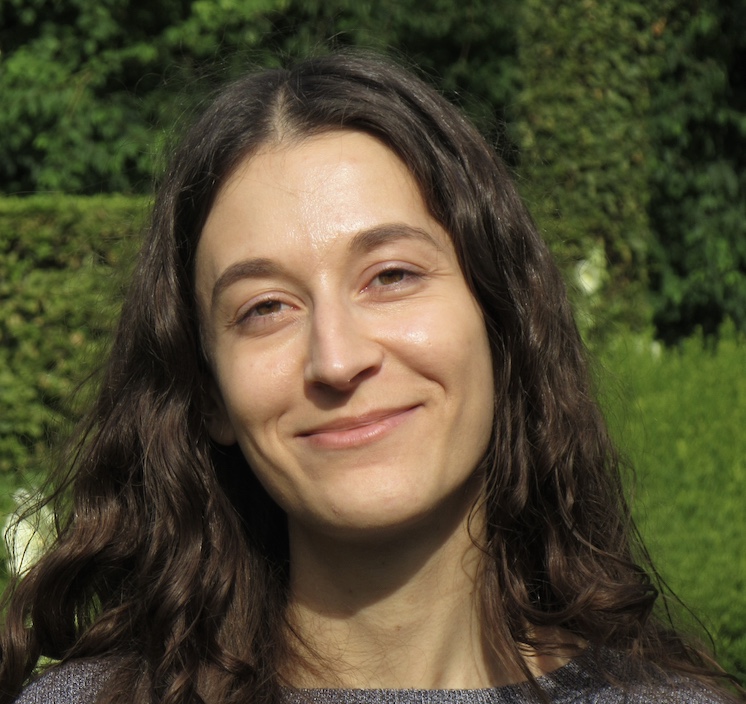
Ana Krajinović, Ph.D. is a postdoc at Humboldt University, and was a postdoc on the TINTIN Project (2023-2025) focusing on linguistic typology. She has a passion for comics and visual storytelling, and writes and draws comics about neurodivergence and other topics. (Website)
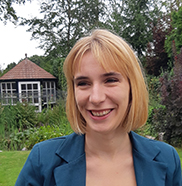
Bien Klomberg Ph.D. received her PhD as part of the TINTIN Project studying (dis)continuity in visual narrative sequencing, particularly in mappings across domains. (Website)
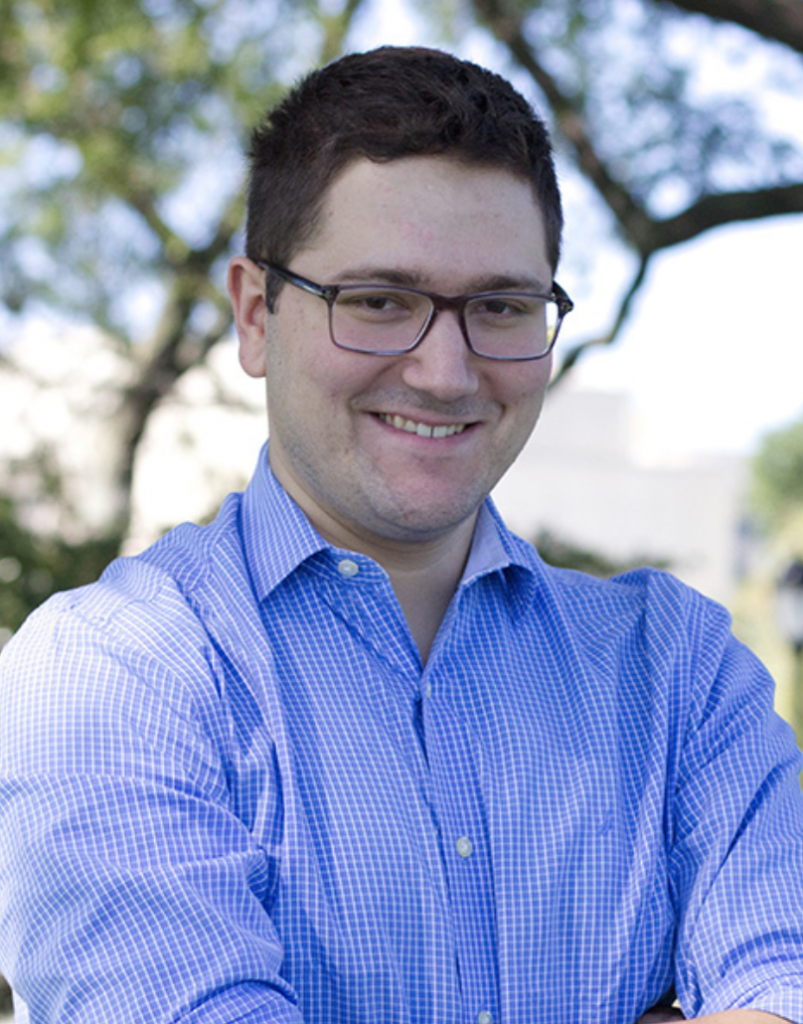
Morgan Patrick Ph.D. is an Assistant Professor at Elon University. He received his Ph.D. in music theory and cognition from Northwestern University and studies musical narrative grammar.
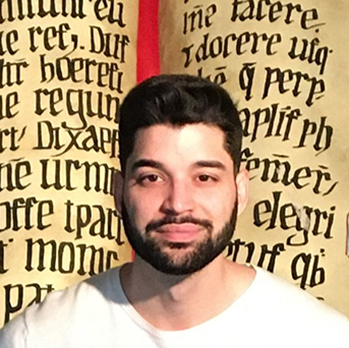
Fernando Casanova Ph.D. studied interjections and onomatopoeias, their emotions, and the co-speech body and facial gestures they incorporate.
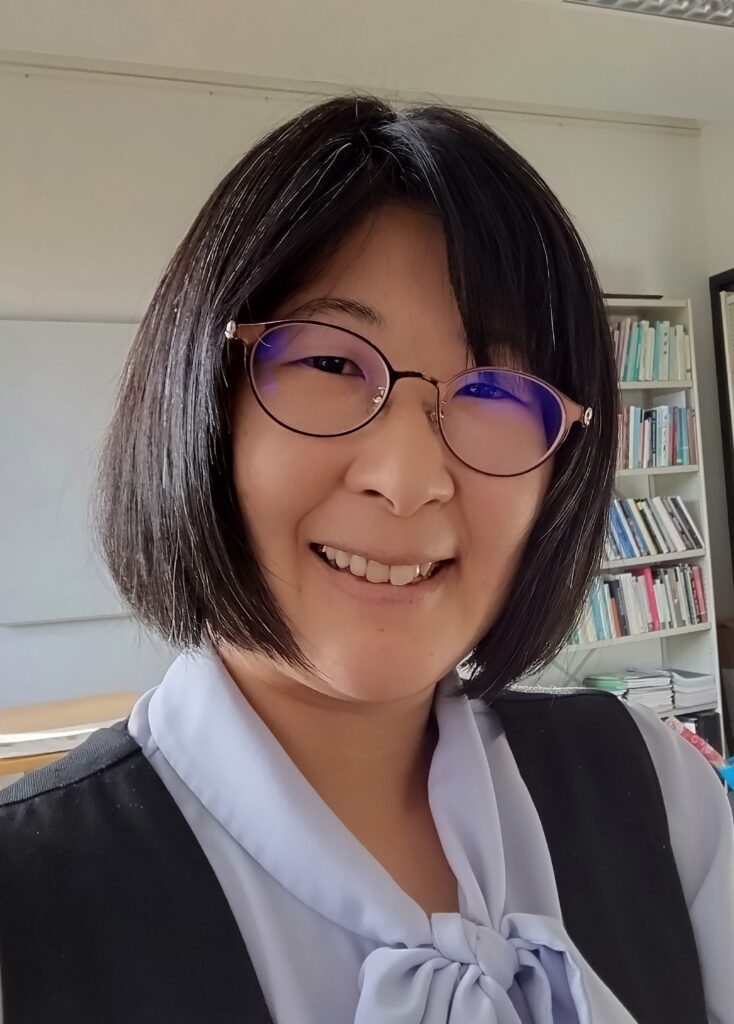
Maki Miyamoto (Japan Advanced Institute of Science and Technology Japan) is a Ph.D student in Knowledge Science at JAIST. She is interested in ideophones or onomatopoeia in comics/manga.
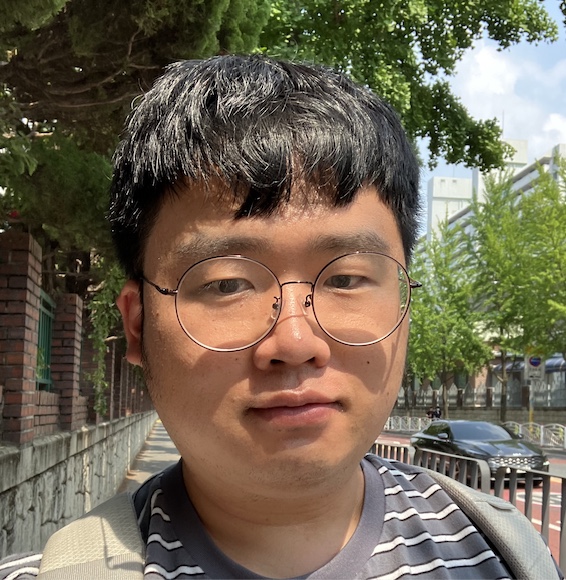
Ian Joo Ph.D. is associate professor at the Otaru University of Commerce. His primary interests are linguistic typology, iconicity, and areality. He also built the Phonotacticon database. (Website)
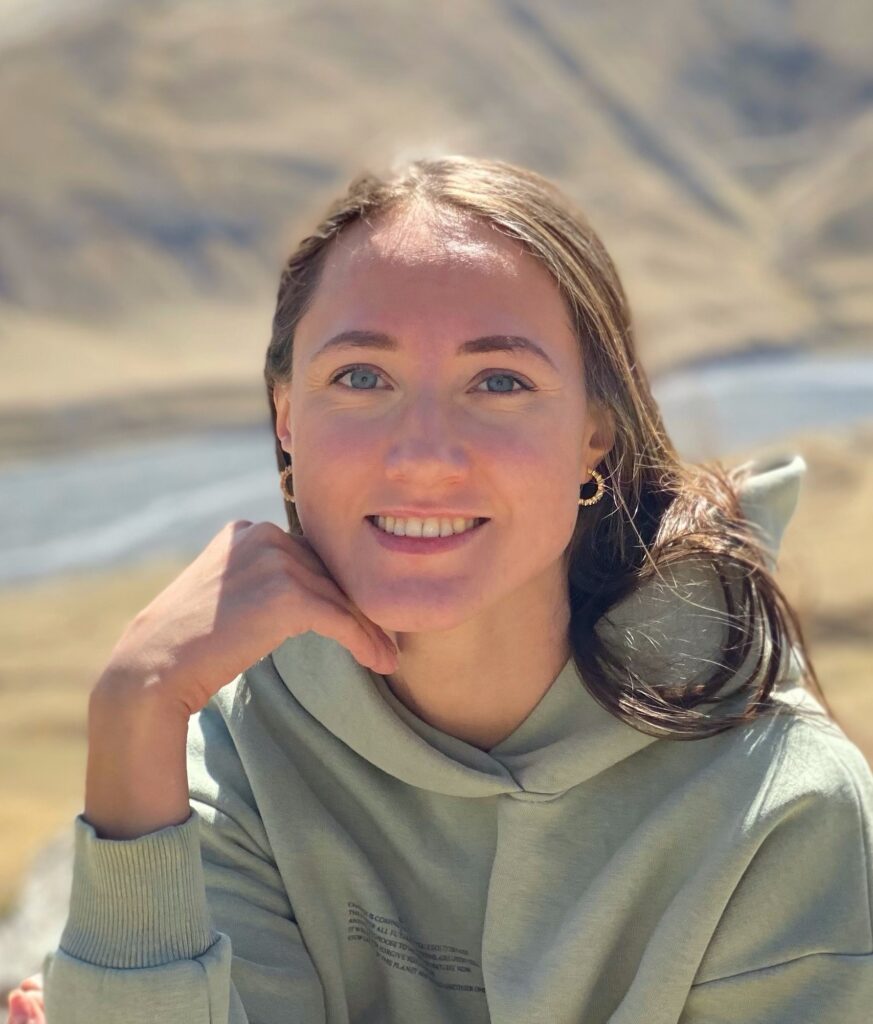
Ekaterina (Katja) Varkentin is a PhD student at Leibniz-Institut für Wissensmedien (IWM) in Tübingen, Germany. She studies bridging inferences in visual and verbal narratives, particularly across different age groups and after stress induction.

Salvatore Acerra is a PhD student from the Universitat Politècnica de València in Spain studying translation, linguistics, and gender studies in comics.
(Website)
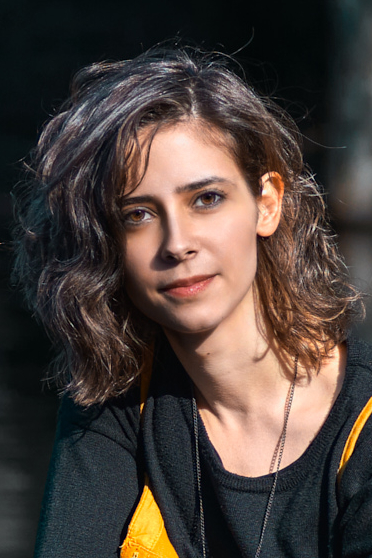
Marianna Pagkratidou, Ph.D. is an Assistant Professor in Psychology at Dublin City University (DCU; Ireland, Dublin). Her research focuses on spatial memory in narratives, and the role of comics in education. (Website)
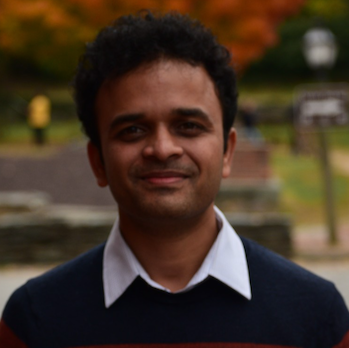
Aditya Upadhyayula, Ph.D. (Washington University, St. Louis) is a postdoctoral fellow working with Jeff Zacks on the perception of events. He is very interested in building and using computational models to understand human cognition. (Website)

Sharitha van der Gouw M.Sc. served as the “lab manager” for the TINTIN Project and now works in information technology at Tilburg University.